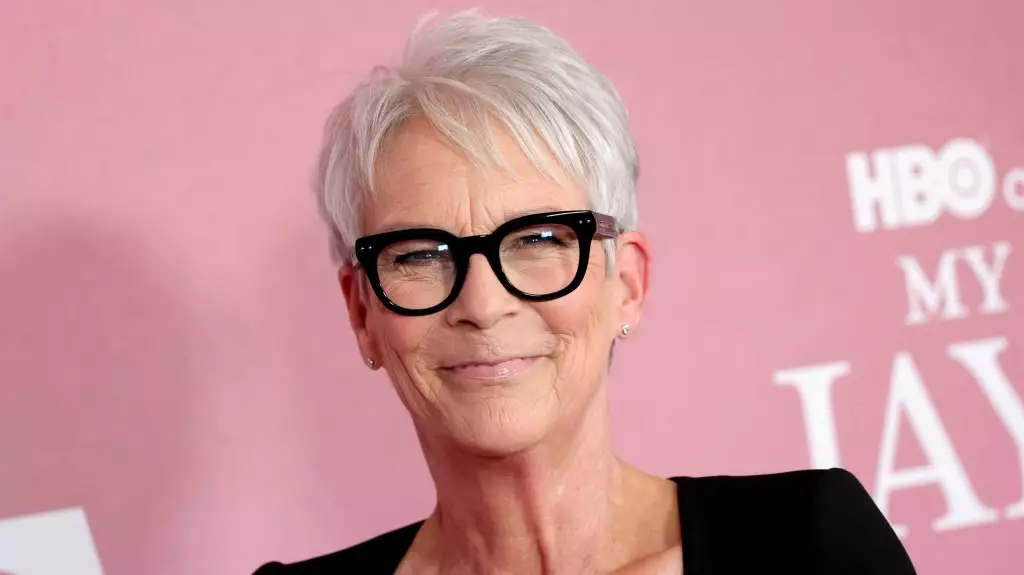Hollywood’s obsession with eternal youth is a toxic cycle that not only distorts societal ideals but also devastates the careers and identities of aging actors, particularly women. As A-list icons like Jamie Lee Curtis openly criticize this corrosive culture, it becomes painfully clear that the industry’s obsession with youth is more than superficial—it’s a systemic flaw that actively marginalizes and erases the contributions of seasoned performers. Curtis’s reflections on her parents’ decline from stardom encapsulate a brutal truth: aging within Hollywood is akin to a slow death, stripping celebrities of their relevance, value, and livelihood just as they age gracefully. This dissonance between societal admiration for youthful beauty and the industry’s ruthless rejection of aging individuals creates a paradox that perpetuates insecurity, self-doubt, and destructive beauty standards.
It’s high time society acknowledged that this obsession with youth is not only unjust but also deeply damaging. When beauty and success are narrowly defined by age, we lose entire generations of authentic human experience, wisdom, and diversity. Hollywood’s fixation on the superficial, fueled by a relentless pursuit of aesthetic perfection and further amplified by the rise of AI filters and digitally altered images, fosters a culture where aging is seen as a flaw rather than a vital part of life’s natural progression. Curtis’s candid confrontation of this issue is a rallying cry for greater acceptance, urging us to challenge and dismantle the toxic narratives that equate age with irrelevance.
The Dangerous Rise of Cosmetic Surgery and Its Societal Implications
Curtis’s outspoken stand against cosmetic surgery shines a critical light on how societal pressures manipulate women into chasing an elusive ideal of eternal beauty. Her visceral rejection of the “cosmeceutical industrial complex”—a term she uses to describe the booming cosmetic surgery, fillers, and aesthetic industries—exposes the manipulation at play. For many women, the decision to alter their appearance is no longer a personal choice but an enforced societal mandate that equates aging with failure or inadequacy. Curtis’s assertion that a generation of women has been “disfigured” through these procedures isn’t hyperbole; it’s a stark reality that highlights a culture obsessed with surface-level perfection, often at the cost of mental and physical health.
Her use of the symbolic “wax lips” statement during her photoshoot is a powerful visual critique of this trend. It’s a reminder that authenticity is under siege by technological filters and surgical techniques that promise perfection but ultimately diminish genuine human diversity. This industrial complex profits from female insecurities, creating a generation that increasingly values artificial beauty over natural individuality. Curtis’s warning about AI’s role in shaping perceptions further complicates this problem, as filters distort reality, making authentic self-acceptance nearly impossible. We’re witnessing a cultural shift toward manufactured identities—an unsettling trend that commodifies self-image and fuels the cycle of discontent among women.
Reclaiming Self-Respect and Redefining Success
Curtis’s narrative challenges us to rethink what success and beauty truly mean. Her decision to “self-retire” preemptively from Hollywood’s relentless ageism reflects a broader desire to prioritize self-respect over societal approval. Instead of surrendering to the industry’s cruelty, she consciously chooses to exit before her relevance is artificially restricted, embodying a principled stance rooted in authenticity. This act is both a protest against age discrimination and a call to society to value humans for their experience and vitality rather than their wrinkles or gray hair.
Her outspoken critique extends beyond her career, urging women to resist the pressures to conform to warped ideals of beauty. The ideal shouldn’t be a chemically enhanced, digitally perfected version of oneself, but rather an honest embrace of aging as a natural, beautiful process. Curtis’s vocal opposition to the “genocide” of natural appearance is a provocative but necessary reminder that societal change begins with challenging harmful narratives and supporting diverse representations of aging.
By standing firm against superficiality and industry manipulation, Curtis exemplifies a shift toward a more compassionate and realistic appreciation of human beauty. Her courage and honesty serve as a catalyst for a much-needed cultural awakening—one that values self-acceptance and promotes a message: aging is an achievement, not an enemy. Until society collectively rejects the damaging obsession with perpetual youth, the industry will continue to impoverish itself—and the individuals it claims to celebrate.


Leave a Reply